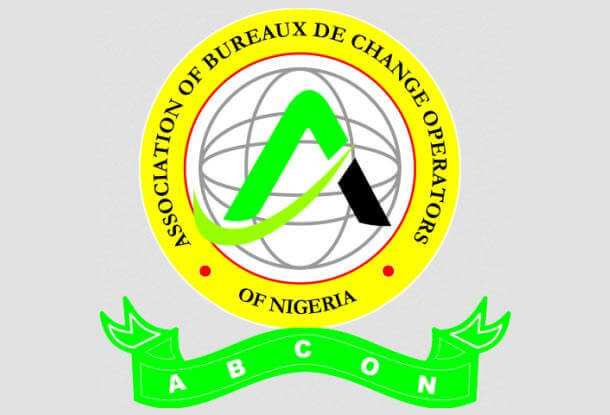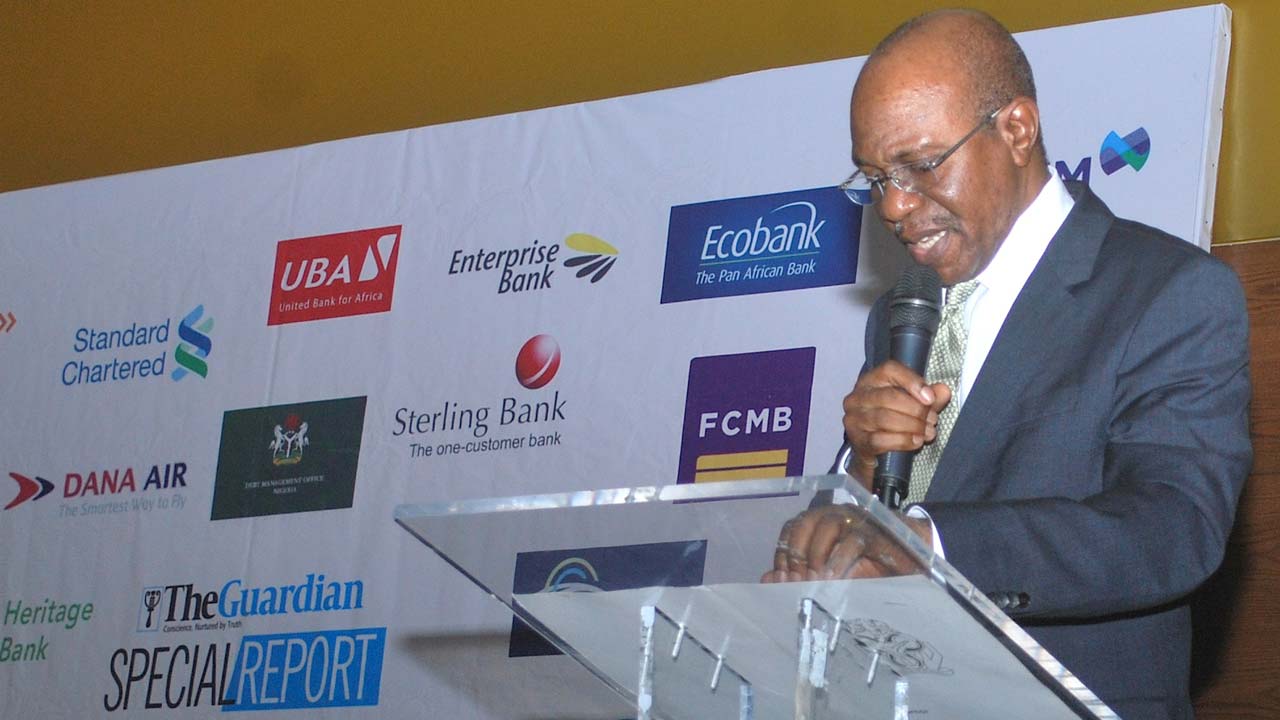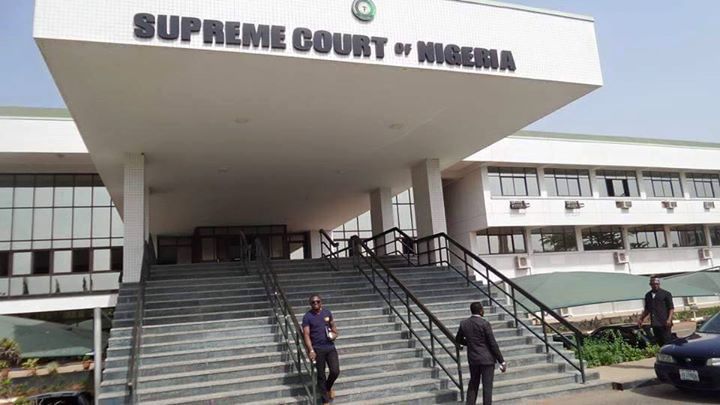Key pundits in financial services and foreign investors’ confidence analysis in Nigeria have argued that the continued dichotomy in exchange rate as currently driven by the Central Bank of Nigeria (CBN) remains a big minus in the crusade for Foreign Direct Investments (FDIs).
According to experts who weighed the scenario against the background of Nigeria’s 59 years as a nation, said the body language of the apex bank on handling the unification campaign is weak and does not show signs of readiness for the unification due to how far the agency has soiled its hands with operators’ in the parallel market.
Before now, financial services experts had continued to harp that multiple exchange rates does not portray Nigeria as a serious minded economy, but when the exchange rate is unified, it would help to determine the value of our economy and the strength of its currency.
Observers are of the view that unified exchange rates are only obtainable in other jurisdictions but due to naïve political reasons mainly to pacify different interest groups, Nigeria still maintain multiple rates. The best thing is to unify it because it would boost the economy.

Analysts are of the view that granted the clear fact that Nigeria remains the most attractive market in Africa based on its population and size, the key discouraging factor for foreign investors are the lack of transparency caused by multiple exchange rate in terms of ease of repatriation and return of funds.
Business Hilights recalls that the immediate past chief of the International Monetary Fund (IMF), Ms Christiane Lagarde had at several meetings with monetary policy chiefs in Nigeria faulted the regime and asked the country to unify its exchange rate.
However, Nigeria under the watch of the current CBN Governor, Mr Godwin Emefiele is bent on sustaining multiple exchange rate regimes due to the signals zooming out form the presidency concerning his job if he dares.
In one of the meetings with Emefiele, Lagarde made it clear that a unified exchange rate will impact the country’s economy more positively than the multiple exchange rate regimes, especially the long-term economic potential.
The IMF was quick to make it clear before Emefiele that unifying rate cannot stand alone as a panacea as it needs to be part of a tight monetary policy that keeps inflation in check.
It also needs to be backed by strengthening banking sector resilience, and structural reforms like governance and power sector.
However, a review of the preliminary address by the new IMF chief, the Bulgarian finance expert made it clear that her leadership at the bank will sustain legacies of the French international.
Besides, the IMF Senior Representative and Mission Chief for Nigeria, Amine Mati, said unifying Nigeria’s exchange rate, in accordance with the ERGP’s goal would support the economy.
He argued that such bold move will among other things, be most effective as part of a wider policy package, with measures that include a focus on revenue mobilisation to make room for priority spending, tight and transparent monetary policies, a resilient banking sector and structural reforms.
The finance analyst explained to the CBN that global trends suggest that countries with multiple exchange rates struggle to see their economic growth recover and trade pick-up after a crisis, as well as experience higher inflation.
Corroborating IMF’s stand, the Director-General of Lagos Chambers of Commerce and industry (LCCI), Muda Yusuf, had also severally averred that driving towards a more unified exchange rate would be beneficial to the Nigerian economy because it would reduce opportunity for arbitrage and round tripping.
In his latest submission, Yusuf argued that “Unification of exchange rates will enhance transparency in the forex market because once you have increased transparency, foreign investors would be attracted.
“These foreign investors are interested on how forex is managed because it is an international business that is concerned about bringing in money and taking it out too.
“It would also reduce the opportunity for arbitrage or round tripping, which is the opportunity for people to move money from one segment of the market to another. Again, unification of exchange rates will improve liquidity in forex market. People can buy and sell with ease because there is a market determined prices,” LCCI boss added.









